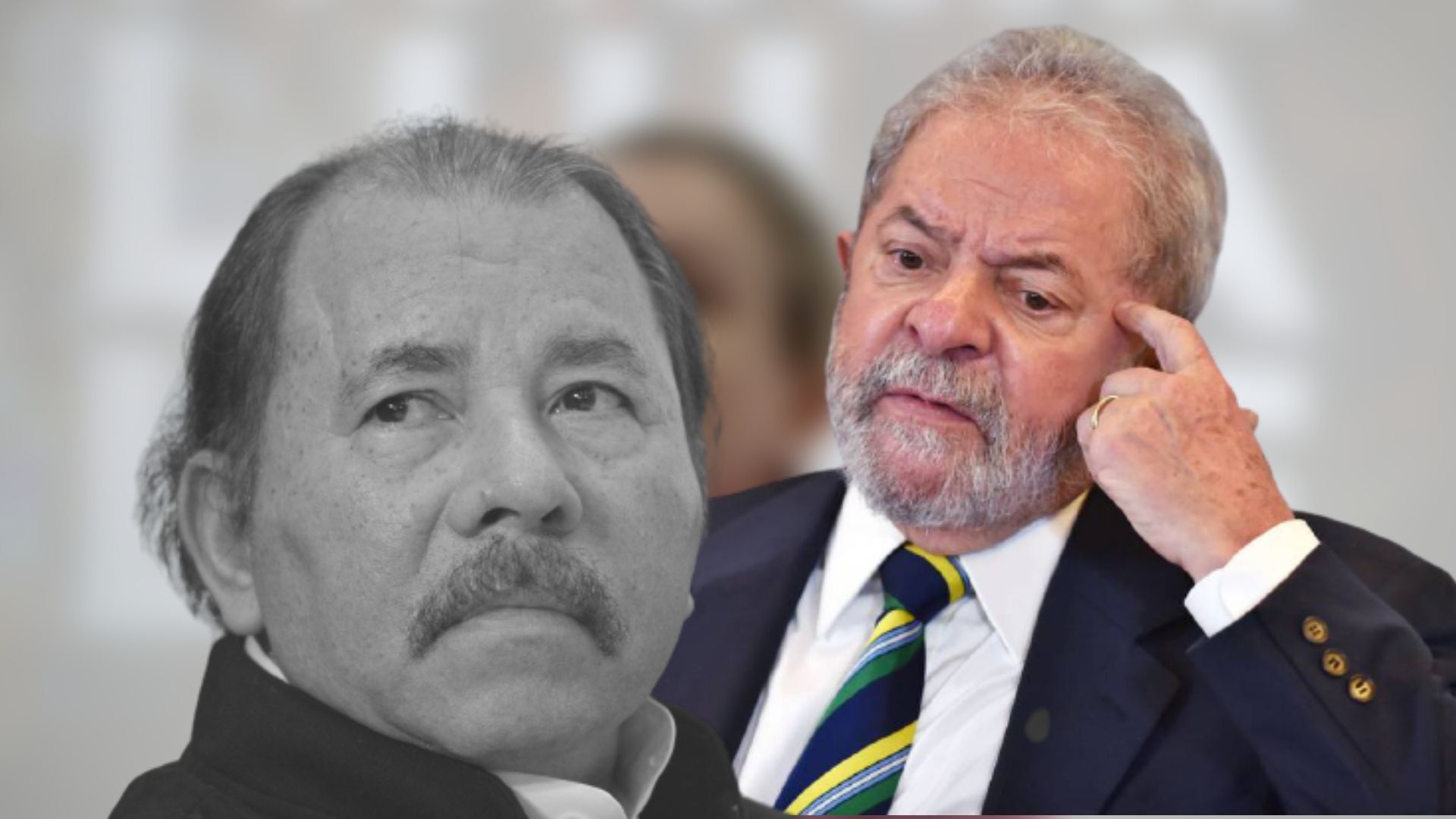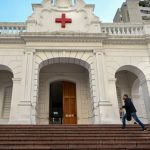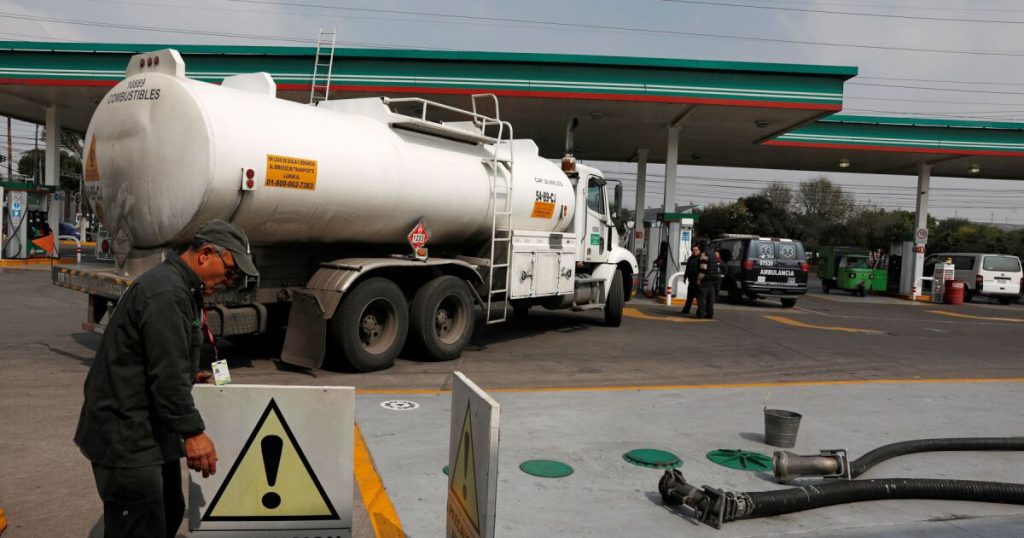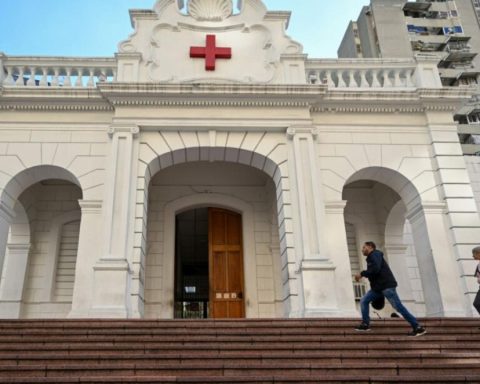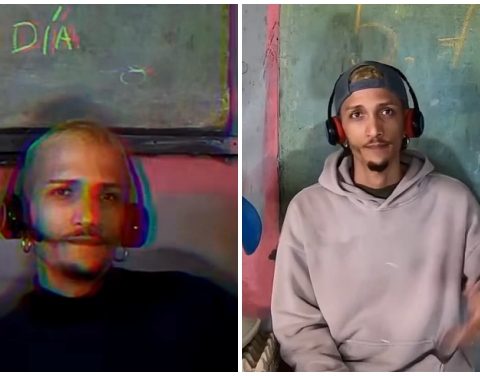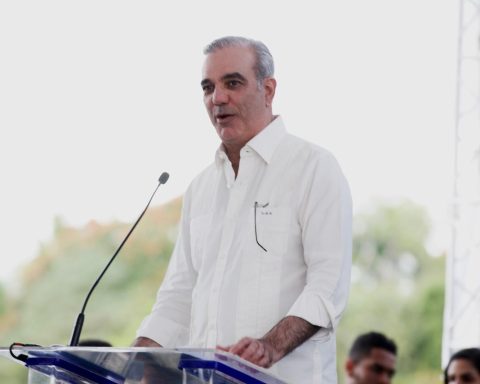The most recent diplomatic friction that the dictatorship of Daniel Ortega and Rosario Murillo with the economic giant of Latin America, Brazil, governed by the leftist Luiz Inacio Lula da Silvashows that Nicaragua’s dictators are becoming increasingly alone in the “concert of democratic nations” and lately not even the left wants them, according to analysts and opponents consulted by Article 66.
This week it was learned that the Nicaraguan dictatorship ordered the expulsion from the country of the extraordinary and plenipotentiary ambassador of Brazil in Managua, Breno De Souza Brazil Dias Da Costaand the justification given by the Nicaraguan regime, according to analysts, is absurd because it cannot be a reason for the expulsion of an ambassador, an extreme measure in diplomatic matters.
Faced with the action of the dictatorship, the leftist government Lula da Silvareacted by applying the principle of reciprocity and also expelled the dictators’ representative in Brasilia, Fulvia Castro Matus.
The decision seems to have no turning back, as the dictators have already named Castro Matus as Minister of Family Economy, so everything indicates that diplomatic relations between Nicaragua and Brazil will be lowered or cancelled.
Related news: Murillo confirms tension with Brazil: Ortega and Lula “removed” their ambassadors
Former Nicaraguan ambassador to the Organization of American States (OAS) Arturo MacFieldswhen analyzing the diplomatic clash caused by the Ortega-Murillo brothers, described the dictatorship as “a wounded and lonely regime that cannot bear to see even left-wing groups turn their backs.”
According to the former ambassador, the unnecessary diplomatic conflict with the largest economic power in Latin America is “another photograph of Murillo’s diplomacy, the seal that she imposes on international relations, a crude diplomacy, lacking the fundamental elements of diplomacy.”
Dictators sink into their loneliness
McFields points out that another important element to highlight is “Ortega’s solitude in the concert of nations,” and that this solitude, which he felt, especially on July 19, would have put him in the mood to send a message to the rest of the diplomatic corps, taking into account that the head of the Brazilian diplomatic mission was not the only one who was absent.
The former Nicaraguan diplomat recalled that Ortega’s isolation is such that important representatives do not attend his anniversaries, not only from the rest of Central America, but also representative figures of the left have abandoned him at these celebrations, such as the Cubans, Lula, Petro, the president of Honduras, Xiomara Castro; Evo Morales. “Nobody comes to these events and that deeply hurts the dictatorship,” McFields reiterated.
For her part, the opposition activist Alexa Zamorabelieves that the decision of the Nicaraguan dictatorship to expel the Brazilian diplomat “is arbitrary” because the State of Nicaragua cannot retaliate against a diplomatic delegation for not joining a partisan political event.
Related news: Lula recalls Ortega’s ambassador in response to the expulsion of his delegate in Managua for not attending the July 19 event
“The regime’s decision to expel the Brazilian ambassador from Nicaragua is totally arbitrary, given that no diplomatic official is obliged to attend partisan activities, because, by all accounts, the activities to commemorate July 19 are partisan activities,” the analyst reiterated.
For his part, the opposition leader Donald Munoza member of the Civic Association for Democracy, believes that the measure taken by the Ortega-Murillos is extreme and only demonstrates “a high level of intolerance that the dictator has towards any sign of snub or lack of support.”
Muñoz believes that the dictators Ortega and Murillo are hurt by the rejection of important governments, especially left-wing ones.
“They interpret it as a lack of respect or support for their government and I think that is what hurts them the most, that it is seen that Brazil, the government of Lula is not supporting their government, so what I perceive is that Ortega is upset precisely because he sees the absence as a sign of disapproval and obviously he tries to see or interpret this disapproval of the Sandinista regime as a threat to his own authority,” says Muñoz.
Related news: Dictator Daniel Ortega flees from Lula da Silva and does not answer his phone calls
The cooling of diplomatic relations between the Nicaraguan regime and the government of the leftist leader of the Workers’ Party (PT) began in 2023, when Pope Francis asked the Brazilian leader and former friend of Ortega to intercede with the Nicaraguan dictator to obtain the release of the bishop of Matagalpa, Monsignor Rolando Alvarezthen unjustly imprisoned in Sandinista prisons.
Lula’s mediation did not succeed and it was only recently that the Brazilian president himself revealed the reason: Ortega never wanted to answer a phone call. In response to this, Lula said that he does not want to talk to the Nicaraguan dictator now either.
Ortega’s only strong friend in Latin America was Lula, but he no longer has one, and Mexico remains close to the Nicaraguan tyrant, but AMLO is already on his way out.
